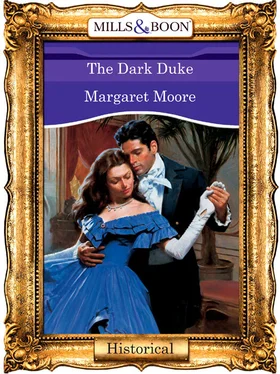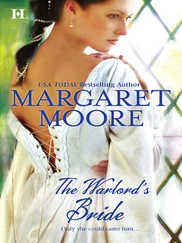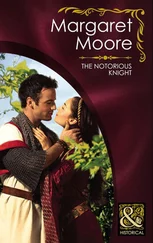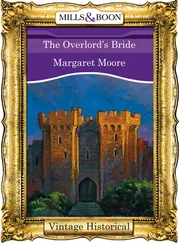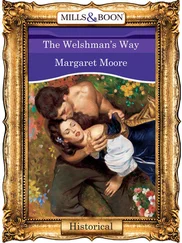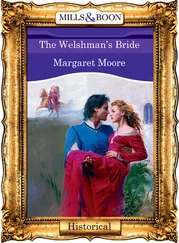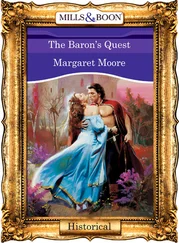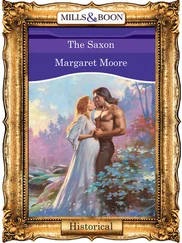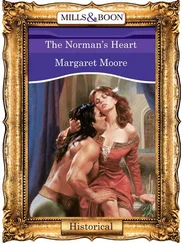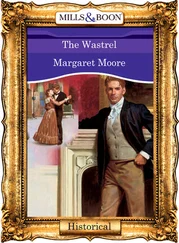When she was gone, Adrian stared at the fire and tried to tell himself that Hester Pimblett was nothing so very special. They were both unappreciated children—they had that one little thing in common.
Well, that and a kiss. And he would not come down to dinner, even if he was finding the thought of speaking with Lady Hester again very tempting indeed.
“Hester, where on earth have you been?” the duchess demanded when Hester returned to the drawing room.
Hester, having never felt so frazzled before, dearly hoped her absence would not be remarked upon further. Her wish was granted as the older woman rose from the sofa with more alacrity than Hester had ever seen her demonstrate before and waved a letter as if it was a call to battle.
“I have just received the most exciting news!” the duchess declared unnecessarily.
Hester thought she had had quite enough excitement for one day; nevertheless, she put a happy smile on her face as she tried to calm down.
“Elliot is coming home tomorrow!” the older woman cried triumphantly. “My darling boy, here, tomorrow!” She paused in her exclamations, and a small frown creased her alabaster brow. “If Adrian will send the barouche to Barroughby. Oh, but he must. Just think of it, my own dear boy home at last!” The duchess paused in her raptures. “You seem very dull this afternoon.”
Hester was still considering the part of the duchess’s declaration that had seemed rather odd. Why should the duke have to approve the order of a carriage? Was the duchess not in command of the estate? Had it not been left to her upon the fifth duke’s death? She always acted as if it had, and spent money frequently and lavishly.
The present duke had referred to Barroughby Hall as “my house,” but she had assumed he meant his family’s house.
If this were not so, and he was in sole possession of the estate, why did he endure the company of a woman he so obviously disliked, and whom he could send away whenever he chose? That would be the response one would expect of a scoundrel.
“I am so happy for you,” Hester said, attempting to sound delighted, and reflecting that if she wasn’t careful, she would become as hypocritical as Canon Smeech. Nevertheless, she couldn’t help mentally contrasting the reception of the news of this son’s return with the way the duchess had received word that the duke was coming home. Still, one was a step son, the other her own child. The duchess would not be alone in preferring the child of her body over that of a son by marriage.
“He writes from Dover to say he can hardly wait to get here!” the duchess exclaimed. She walked to the windows and gazed out at the drive, as if she expected to see Lord Elliot’s carriage at that very moment. “He was ill, and only now recovered. I shall have to be a little cross with him for not telling his mama.”
“What is all the excitement?” the duke asked nonchalantly as he strolled into the drawing room. “Have we been robbed?”
Hester eyed the door with a view to escaping, but knew she was trapped as surely as any fly in amber. She would just have to forget about his kiss and try to maintain her composure.
“Of course not!” the duchess replied. “Elliot is coming home.”
“Is he, indeed?” the duke said, regarding his stepmother with a steely gaze such as Hester had never seen, at once cold and pleased. Thankfully, no one had ever directed a look like that at her, and she was reminded that the duke was also said to be a violent man. She had forgotten that, thinking of his other reputed qualities, but anyone witnessing him now could well believe the other, too, even if the expression was gone nearly as rapidly as it had appeared.
His initial response seemed to penetrate the duchess’s unbridled happiness. “I hope you won’t make things difficult, Adrian,” she said anxiously.
“Not I,” he said, sauntering toward the sofa and sitting. “I’m quite looking forward to seeing Elliot again.”
The duchess visibly relaxed. “Good. Unlike some people, he tries not to fret his family.”
The duke ignored her pointed remark. “What else does dear Elliot say?”
“He will be here tomorrow, if you will send the barouche to Barroughby.”
The duke smiled. “Heaven forbid I should do anything to delay Elliot even more. Of course he may have the barouche.”
“We must have an especially fine tea tomorrow, too,” the duchess continued, and Hester noted that she did not thank her stepson for his acquiescence.
“Ah. So we should kill the fatted calf?” The duke glanced at Hester, a mocking expression on his face.
It was a peculiar comparison. Was he not the prodigal son, wasting his inheritance in indulgence and indolence?
“We really should have a party or a ball to welcome him back from Europe,” the duchess said.
Hester could not suppress her displeasure at that thought. She had spent too many boring and disturbing hours sitting against the wall, watching other couples dance, to think of balls or other such entertainments with any pleasure.
She realized the duke was looking at her again, and she quickly smiled. “A ball will be quite delightful,” she lied.
“It will be too much work,” the duke said firmly. “And too expensive.”
“I might have known you would begrudge us the pleasure,” the duchess replied peevishly. “You seem to have no trouble finding money to fritter away on your own vile pursuits, but when I suggest a ball—something we should have done long ago, as befits our place in society!—you are suddenly lacking in funds!”
“Expense aside, if I were to agree, who would make all the arrangements?” the duke inquired calmly.
“Why, I would, of course!” the duchess exclaimed.
“I’m sure,” the duke muttered. He glanced at Hester with a knowing smile that seemed to suggest he knew who would do most of the work if such an event were approved. Further, as the blood rushed to her face, she felt he sympathized with her. “That a ball will require much effort I do not doubt,” the duke commented to his stepmother. “However, if you are willing to take it on, I suppose I could find the funds.”
Hester addressed the duchess. “Your Grace, considering that the duke will surely be unable to dance, perhaps we should postpone consideration of a ball until a later date.”
The duchess looked at Hester as if she had proposed a beheading. “I understand my stepson is said to go hunting after drinking all night. Surely he will be able to manage a few short dances, for propriety’s sake.”
“Why, stepmother!” the duke said, placing his hand upon his heart. “I am so touched to think that you want me to attend. By all means, then, Lady Hester, we must and shall have a ball.”
The duchess shot Hester a black look, as if she had been the one to suggest the ball in the first place.
“I’m sure all the county will want to see Lord Elliot again,” Hester said placatingly.
Which, she realized when the duchess smiled, was the best thing she could have said. “Indeed they will!” the duchess exclaimed. “Everyone adores him!”
Not everyone, Hester thought. Not the duke.
“Hester, you must help with the invitations. Now, what day would be best?”
“Should we not consult with your son, Your Grace?” Hester asked softly. “He may be too fatigued from his journey to attend such a function for a few days.”
“Lady Hester is forever concerned about other people’s welfare, I see,” the duke remarked.
Hester felt herself blushing again and told herself to stop at once.
“I didn’t think of that,” the duchess said. “Of course, you are quite right. And we should have him to ourselves for a little while.” She laughed as gaily as a women twenty years younger. “He is so popular, he is sure to be invited riding and hunting every day, and he is so accommodating, he will never refuse.”
Читать дальше
